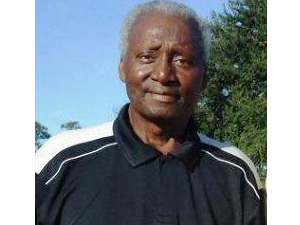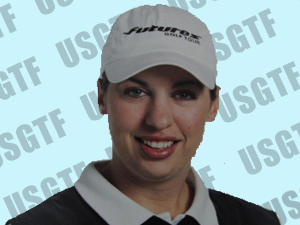Blog
WHAT WE CAN LEARN FROM ADAM SCOTT
THE PROBLEM WITH TOO MUCH BOUNCE ON A WEDGE
PLAYING BETTER GOLF IS UP TO YOU
THE IMPORTANCE OF BALL POSITION AND STANCE WIDTH
- For the driver, the ball is positioned directly in line with the lead foot instep.
- The ball slightly moves progressively back in the stance with each club.
- From the driver to the 9-iron, the ball moves back 2.7 inches for Tour professionals.
- For individuals with extremely wide stances, the ball can move slightly further back but not more than 5 inches or past the center point.
- The stance width with a 5-iron should be shoulder width.
- The driver stance is the widest, with averages near 2 inches outside of the shoulders for each foot.
- The 9-iron stance is 2 inches narrower than each shoulder.
- The lead foot is opened toward the target (flared) 25 degrees.
- The driver distance (45- to 46-inch driver) is between 32 to 36 inches from the ball (pro average: 33 to 34 inches)
- The 5-iron distance is between 22 to 26 inches (average 24 inches).
- The 9-iron distance is between 18 to 22 inches (average 22 inches)
- For every inch in length of a golf club, there is a .5 inch (1/2 inch) difference in distance.







